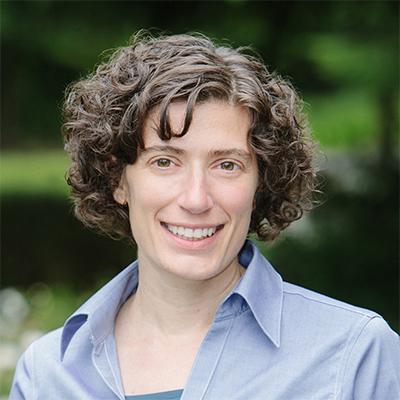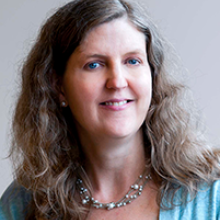In the summer of 2022, the Center on Reinventing Public Education convened a panel of education and youth development experts to take stock of recent efforts to address students’ mental health and well-being and to reestablish core elements of social and emotional learning (SEL) in schools. CRPE initially convened a group of experts in 2021 to assess the pandemic’s impact on young people’s well-being, with a particular emphasis on the social impact of school closures. The panel has continuously reflected on what would be needed for recovery.
The panel agreed that the pandemic’s impact has been complex, but that there have been few dynamic and collaborative efforts to address it. While the experts recognized the tremendous demands placed on teachers to address students’ academic as well as social and emotional needs, they noted that the kind of innovation they called for in 2021 (e.g., new kinds of learning environments, partnerships, and funding models for mental health and social skill development) had yet to materialize. But they observed greater willingness among educators and administrators to partner with parents and caregivers to support children. And they elevated several new efforts to collect and use data to inform resource allocation. Further, they encouraged educators, and those who support them, to grapple with the many societal factors that are contributing to young people’s distress, including increasing political polarization around issues like race, gender, and climate change.
The panelists arrived at three calls to action that reflect the challenges and opportunities young people are facing. Specifically, they call for policymakers and advocates to:
- Embrace technological innovations that can improve student well-being while still honoring the fundamental need for human relationships.
- Overcome turf wars and divisions; embrace “big tent” thinking for social and emotional development and well-being support.
- Build new, integrated monitoring and response systems to address the urgent needs of young people.
Expert Panel Members
David Adams, chief executive officer of the Urban Assembly
Catherine Bradshaw, professor at the Curry School of Education at the University of Virginia
Robert Jagers, vice president of research at the Collaborative for Academic, Social and Emotional Learning (CASEL)
Velma McBride Murry, professor at the Peabody College and University Medical School at Vanderbilt University





